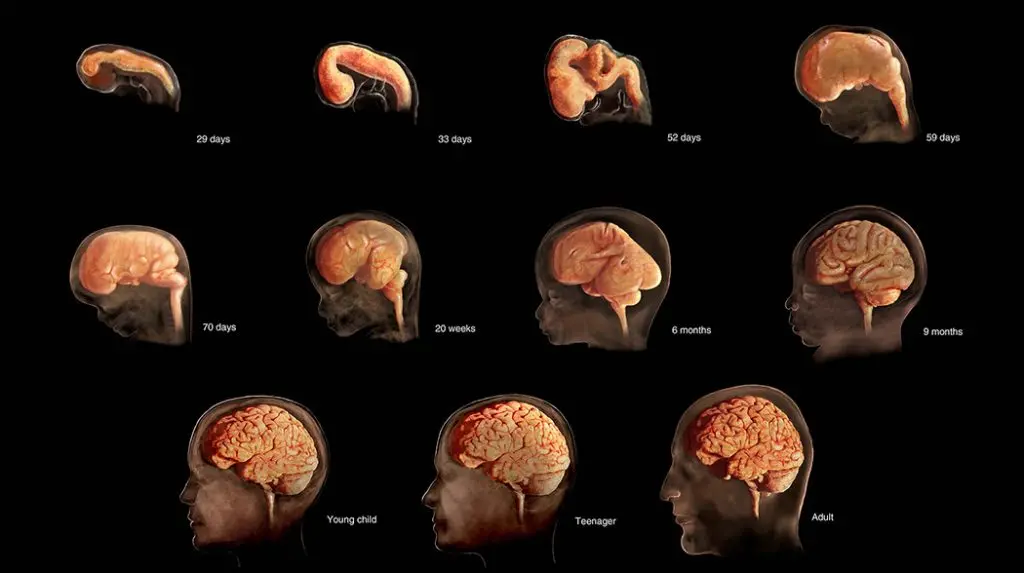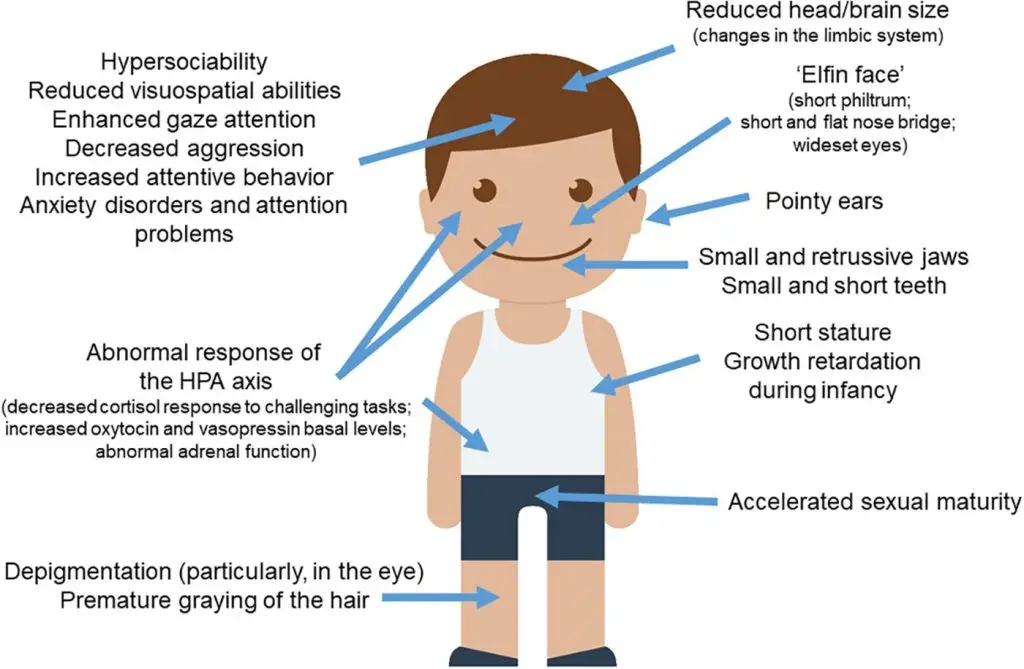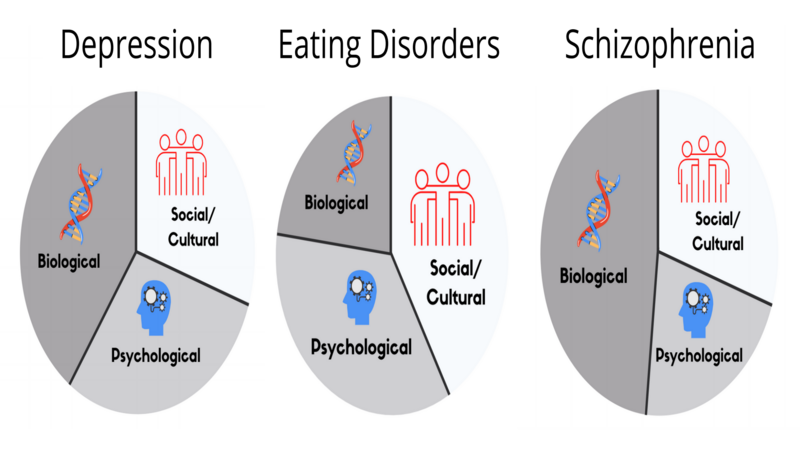Mental development refers to the growth and development of cognitive, emotional, and social skills. Abnormal mental development refers to a deviation from typical mental development, which may be a result of genetic, environmental, or biological factors. Moreover, it is crucial to identify signs of abnormal mental development in children to provide early intervention and support to ensure optimal development.

In this article, we will discuss the warning signs of abnormal mental development in children.
- Delayed milestones: One of the most common warning signs of abnormal mental development in children is a delay in reaching developmental milestones. Moreover, these milestones include rolling over, sitting up, crawling, walking, and talking. If a child is not meeting these milestones within the expected time frame, it may indicate a delay in their mental development.
- Lack of interest in surroundings: Another warning sign of abnormal mental development is a lack of interest in the surroundings. Infants typically have a natural curiosity and are interested in exploring their environment. If a child shows little or no interest in their surroundings, it may indicate a developmental delay.
- Lack of eye contact: Eye contact is an important social skill that develops in the first few months of life. If a child does not make eye contact with others, it may indicate a problem with their mental development.
- Poor communication skills: Communication skills are critical for social interaction and learning. Children who are not developing communication skills at the expected rate, such as difficulty in understanding or using language, may indicate a developmental delay.
- Social isolation: Children with abnormal mental development may struggle to engage with others and exhibit social isolation. However, this may include avoiding eye contact, lack of interest in social interaction, and little to no interest in play activities with others.
- Repetitive behaviors: Repetitive behaviors, such as hand flapping, rocking, or spinning, may be a warning sign of abnormal mental development. Also, these behaviors may indicate an issue with sensory processing or communication.
- Poor cognitive development: Cognitive development includes the ability to learn, reason, problem-solve, and process information. Children who show a delay in cognitive development may struggle to learn and process information at the same rate as their peers.
- Behavioral issues: Children with abnormal mental development may exhibit behavioral issues such as aggression, hyperactivity, or impulsivity. These behaviors can indicate a lack of self-regulation and social-emotional difficulties.
- Lack of self-care skills: Self-care skills are essential for a child’s independence and ability to care for themselves. Children with this issue may struggle with self-care skills, such as dressing, bathing, or toileting.
- Sensory issues: Children with abnormal mental development may also have difficulty processing sensory information. This may include being overly sensitive to certain textures or sounds or being under-responsive to sensory input.

Early intervention and support are critical for children with abnormal mental development. Early identification of warning signs can help parents and caregivers seek the necessary support and resources to help their child’s mental development. However, if you notice any of these warning signs, it is important to talk to your child’s pediatrician or a mental health professional.
Prevention measures for it include:
- Prenatal care: Prenatal care is critical for the healthy development of a child. Regular prenatal care, including proper nutrition, can reduce the risk of developmental delays.
- Early intervention: Early intervention services can help children with developmental delays and their families. Also, these services may include speech therapy, occupational therapy, and behavioral therapy.
- Healthy nutrition: Providing a healthy and balanced diet can support a child’s brain development and cognitive abilities.
- Sensory stimulation: Providing sensory stimulation through play activities, such as reading books, singing songs, and playing with toys, can support a child’s cognitive and emotional development.
- Moreover, safe and nurturing environment

Connect with us:
https://www.youtube.com/themonktravel
https://www.facebook.com/TheMonk/


























